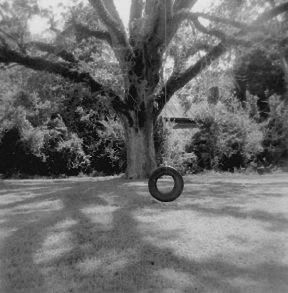Headed by General of the Army Augusto Pinochet Ugarte (1973- 90), the dictatorship was widely reviled for ending Chile's tradition of democratic politics and committing numerous violations of human rights. Although isolated politically, Chile's military government earned international acclaim for far-reaching economic and social reforms that transformed the country's state-oriented economy into one of the most open economic systems in the developing world. The economic reforms of the late 1970s and 1980s set the foundation for extraordinary investment and growth in the early 1990s. Economic progress, combined with the return of democratic politics largely devoid of the confrontation and polarization of the past, positioned Chile to enter the twentyfirst century with increased prosperity in a climate of peace and freedom.


No comments:
Post a Comment